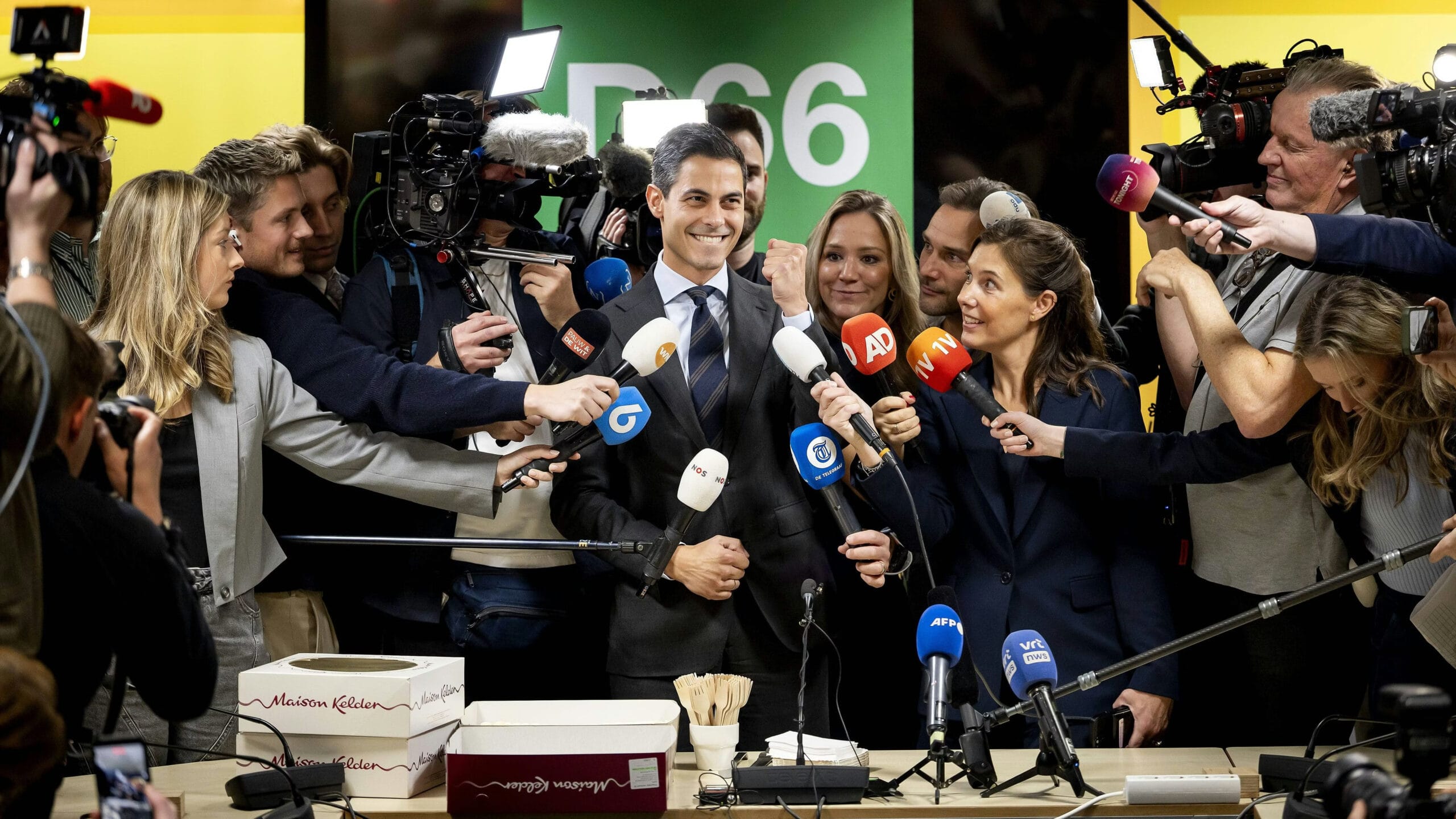Photo: Jerusalem from the south-west - Flickr
The violence between Israel and Palestine has intensified in recent days flared, after Hamas fighters invaded Israel and killed hundreds of Israeli civilians. The subsequent retaliatory bombing of Gaza resulted in the deaths of hundreds of civilians on the Palestinian side. The attacks came as a surprise to Israel, although tensions in the conflict had been rising for some time. International political unwillingness has led to extremism on both sides of the conflict - this extremism is fuelling the current violence, resulting in many innocent victims.
First of all, it is important to establish that the use of violence against civilians should never be accepted. It is therefore terrible to see that hundreds of innocent people have been killed, both in Israel and in the Palestinian Territories. The violence back and forth must stop as soon as possible and the innocent people detained must be released as soon as possible.
Escalating violence in the West Bank
It is important to understand the recent background to the violence. Palestinians living in the Gaza Strip and the West Bank have been increasingly oppressed in recent years. In particular, the oppression in the West Bank has been sharply increased. This is mainly due to the ever-increasing expansion of Israeli settlements in Palestinian territory. Palestinian residents of these areas see their homes and land appropriated by Israeli settlers. Israel states currently that 542 square kilometres, or 9.6 per cent of the total size of the West Bank, is part of its territory. It additionally has effective control over about 60% of the West Bank. Israeli settlements divide the Palestinian territory into three separate pieces, preventing further Palestinian development.
New political relations Israel
In addition, the new political relations in Israel also play a role. For six months a government strongly influenced by far-right and which wants nothing to do with the Palestinians. They would rather see the Palestinian Territories become annexed and that they become Israeli provinces. Israeli settlers feel supported by this government and use more and more violence to occupy additional land.
With this policy, the government, according to experts for the possibilities for an independent Palestinian state are getting smaller and smaller and living conditions for Palestinians are getting worse. The increasing repression from the Israeli government towards Palestinians is causing support for terrorist groups such as Hamas to increase among the Palestinian population, while support for Fatah and the Palestinian Authority is decreased.
World looks away
Historical events, current sensitivities and international alliances have ensured that preventing the conflict from flaring up has become the goal in the West - rather than working towards a peaceful solution. The world has too often in recent decades looked away and did not ensure a sustainable solution acceptable to both sides. The two-state solution from the Oslo Accords has fallen out of sight as a result.
The international political unwillingness to do anything against this occupation has helped push both sides into an extremist spiral of violence. The narrative of the conflict is now mainly dominated by extremist forces - and terrorist organisations like Hamas will not be accepted as a negotiating partner by the international community. As a result, peaceful alternatives with parties that do seek dialogue have faded into the background.
What awaits the people of Gaza next is a hot topic in the media. The current bombing is likely to be a prelude to further Israeli retaliation. Israel has appealed to 300,000 reservists and Israeli President Netanyahu has called on Palestinians in Gaza to leave the area abandoned. How is completely unclear - Gaza is blocked from both Israel and Egypt, and access to the sea is also closed. Peter Malcontent, a specialist in the Israeli Palestinian conflict and affiliated with Utrecht University, said at Newsweek: 'Many people don't know it, but Gaza is about the size of Vlieland, but over 2 million people live there. If Israel invades there with a ground invasion, try separating civilians from combatants'. An Israeli ground offensive in Gaza would therefore have disastrous consequences and become a major bloodbath.
"Violence begets violence" - it is therefore now up to the international community to take dialogue out of the sphere of extremism, and back to the political middle, finding a lasting solution to the conflict through peaceful dialogue.




